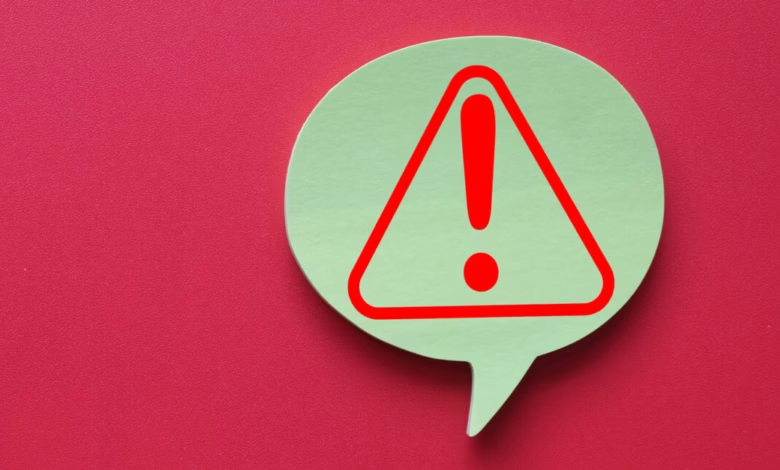NYT to Access Deleted ChatGPT Logs After Court Win Over OpenAI

▼ Summary
– OpenAI objected to a court order requiring indefinite retention of ChatGPT logs, including deleted chats, but the judge denied their request.
– Judge Sidney Stein ruled that OpenAI’s user agreement allows data retention for legal processes, countering the company’s privacy concerns.
– The order was issued after news organizations, led by The New York Times, sought to preserve evidence for their copyright case against OpenAI.
– OpenAI may appeal to the Second Circuit Court, but success is unlikely unless the court deems the order an abuse of discretion.
– OpenAI is negotiating with plaintiffs to allow data searches, balancing between minimizing data retention and protecting user privacy.
A recent court ruling has mandated OpenAI to preserve all ChatGPT logs indefinitely, including deleted conversations, following a legal challenge by The New York Times and other media organizations. The decision comes amid an ongoing copyright dispute, with news outlets alleging that users may have exploited the AI chatbot to bypass paywalls and access restricted content.
US District Judge Sidney Stein swiftly dismissed OpenAI’s objections, rejecting claims that the order violated user privacy protections. Stein pointed out that OpenAI’s own terms of service explicitly allow data retention for legal proceedings, which the judge deemed applicable in this case. The ruling upholds an earlier order by Magistrate Judge Ona Wang, who sided with the plaintiffs’ argument that preserving chat logs was critical for evidence collection.
OpenAI has vowed to continue contesting the decision, though legal experts suggest their options are limited. The company could seek an emergency intervention from the Second Circuit Court of Appeals, but such requests are rarely granted unless the lower court’s ruling is deemed a clear abuse of discretion. So far, OpenAI has not confirmed whether it will pursue this route.
While the legal battle unfolds, OpenAI is negotiating terms for allowing plaintiffs to review the retained data. This presents a dilemma: cooperating could lead to faster data deletion, but prolonged resistance risks exposing more private user interactions through litigation or potential security breaches. The situation underscores the tension between corporate privacy policies and legal demands in high-stakes copyright disputes.
(Source: Ars Technica)






